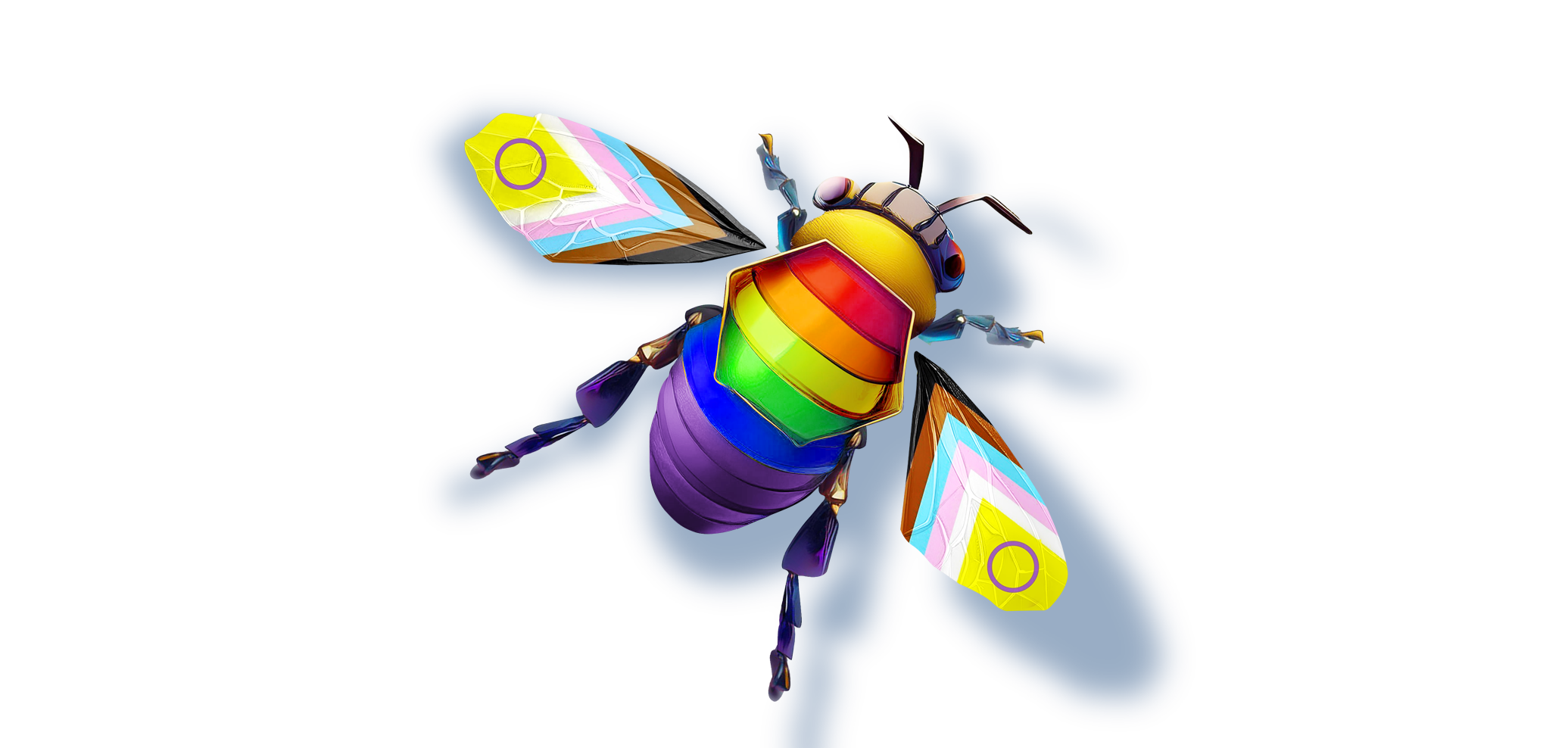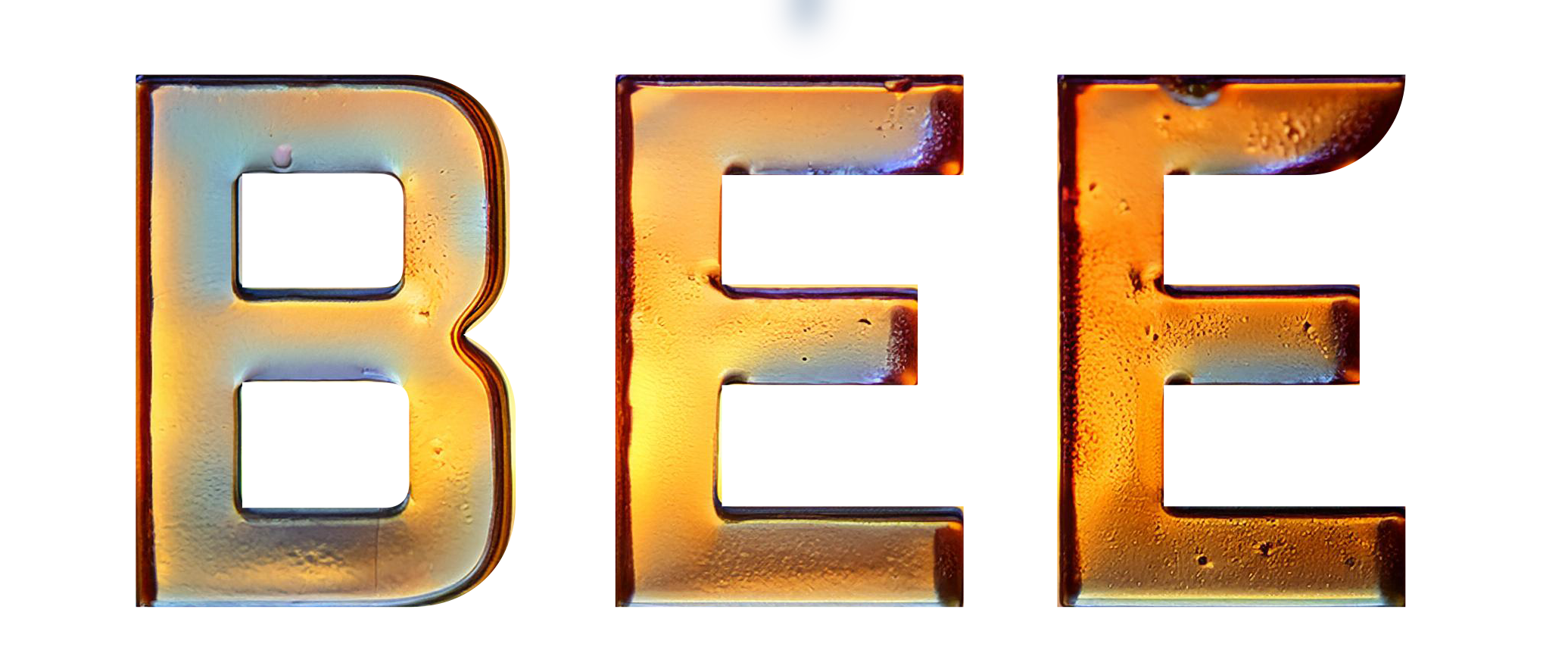Domestic Abuse
![]() Talking about domestic abuse is never easy, and if you’re LGBTQ+ it can feel even more complicated.
Talking about domestic abuse is never easy, and if you’re LGBTQ+ it can feel even more complicated.
![]() I know from my own life that silence and shame can weigh heavily. Abuse doesn’t just leave bruises — it chips away at your confidence, your trust, and your sense of who you are.
I know from my own life that silence and shame can weigh heavily. Abuse doesn’t just leave bruises — it chips away at your confidence, your trust, and your sense of who you are.
![]() In LGBTQ+ relationships, abuse can take many forms:
In LGBTQ+ relationships, abuse can take many forms:
![]() A partner controlling who you see or speak to
A partner controlling who you see or speak to
![]() Humiliation or constant criticism
Humiliation or constant criticism
![]() Threats of outing your sexuality or gender identity
Threats of outing your sexuality or gender identity
![]() Violence, intimidation, or sexual coercion
Violence, intimidation, or sexual coercion
![]() Control of money or resources
Control of money or resources
![]() And the impact doesn’t simply fade when the relationship ends. It can linger, shaping how you see yourself and how safe you feel with others:
And the impact doesn’t simply fade when the relationship ends. It can linger, shaping how you see yourself and how safe you feel with others:
![]() Doubting your own judgement
Doubting your own judgement
![]() Feeling ashamed or isolated
Feeling ashamed or isolated
![]() Struggling to trust again
Struggling to trust again
![]() Carrying a heavy sense of invisibility
Carrying a heavy sense of invisibility
![]() What makes this even harder is when you do reach out for support and aren’t taken seriously.
What makes this even harder is when you do reach out for support and aren’t taken seriously.
![]() I’ve spoken to people who went to the police or to medical professionals and felt dismissed, because those services couldn’t imagine abuse happening in LGBTQ+ relationships. That kind of response is a microaggression in itself, and it can deepen the sense of being unseen.
I’ve spoken to people who went to the police or to medical professionals and felt dismissed, because those services couldn’t imagine abuse happening in LGBTQ+ relationships. That kind of response is a microaggression in itself, and it can deepen the sense of being unseen.
![]() That’s why I work the way I do. In therapy, you don’t have to explain your sexuality or prove your experiences are real. You’ll be heard, believed, and supported.
That’s why I work the way I do. In therapy, you don’t have to explain your sexuality or prove your experiences are real. You’ll be heard, believed, and supported.
![]() Together we can start to unpack what’s happened, explore the lasting impact, and move towards rebuilding confidence, trust, and self-worth. Healing is possible, even if it feels out of reach right now.
Together we can start to unpack what’s happened, explore the lasting impact, and move towards rebuilding confidence, trust, and self-worth. Healing is possible, even if it feels out of reach right now.
![]() If any of this resonates with you, maybe now is the time to reach out and begin your own healing journey.
If any of this resonates with you, maybe now is the time to reach out and begin your own healing journey.





